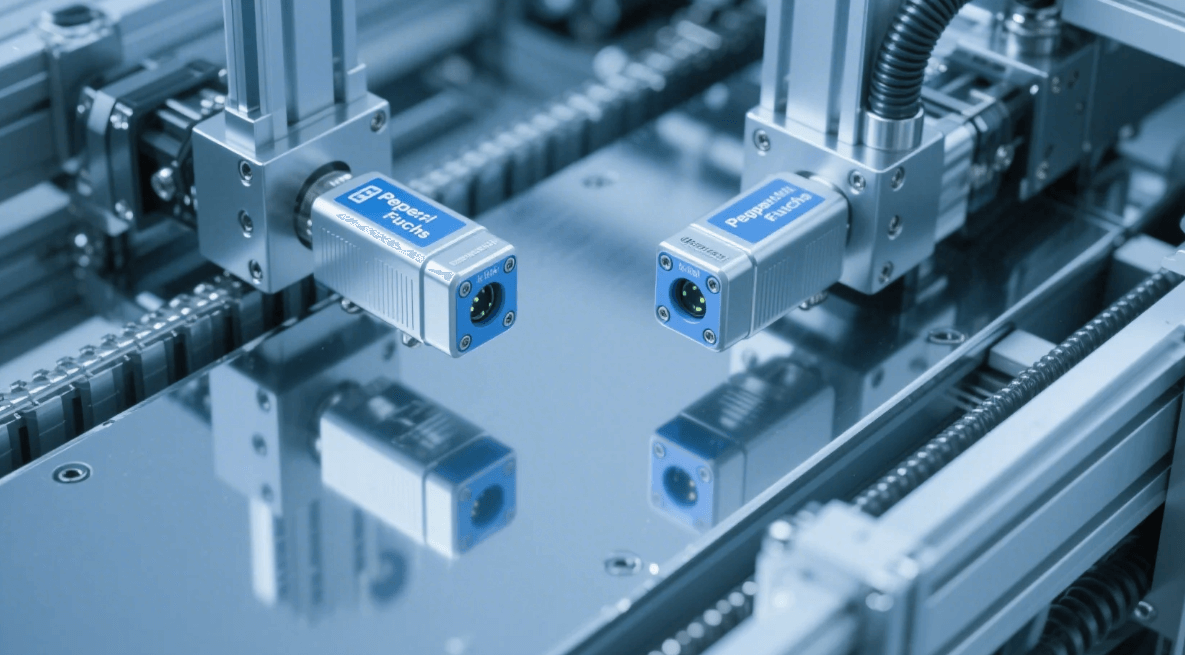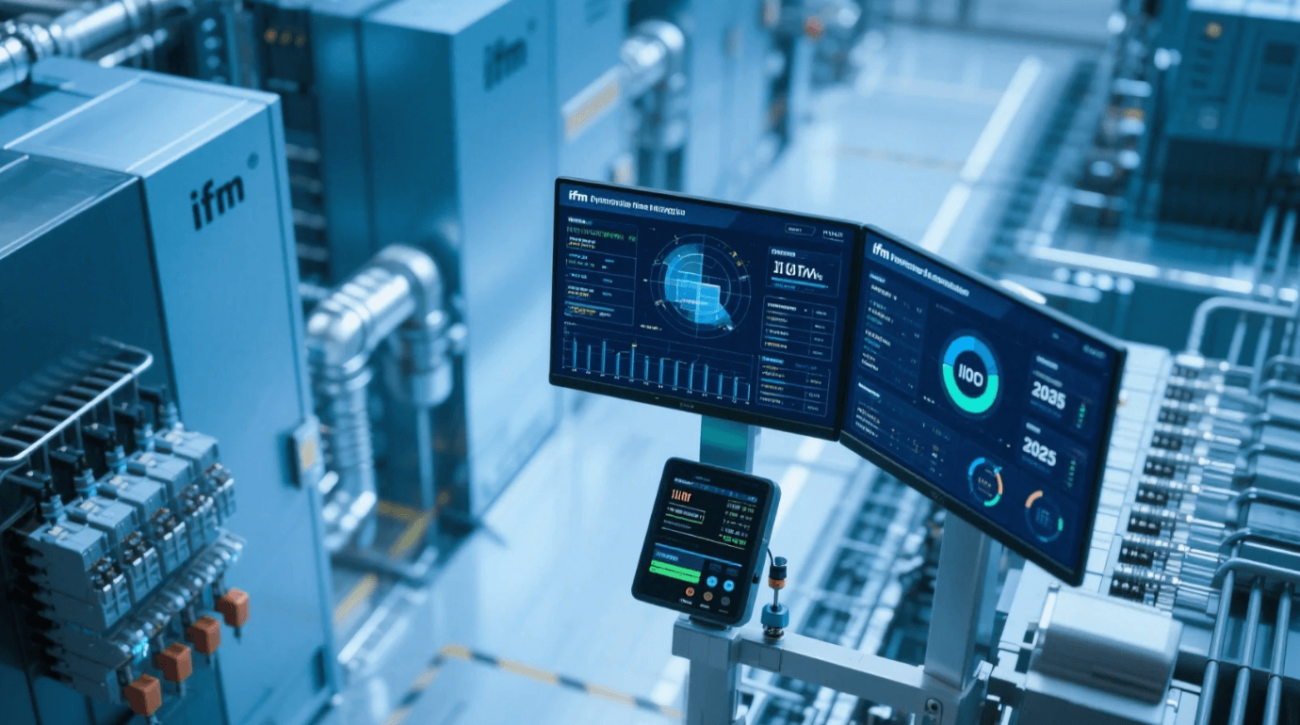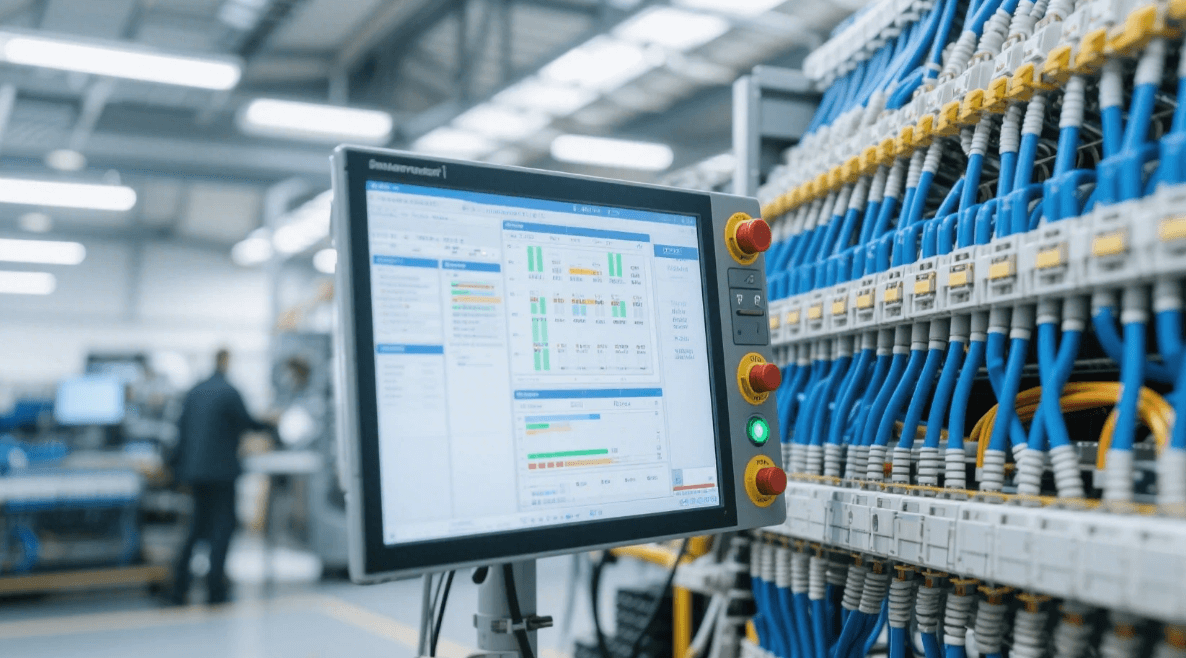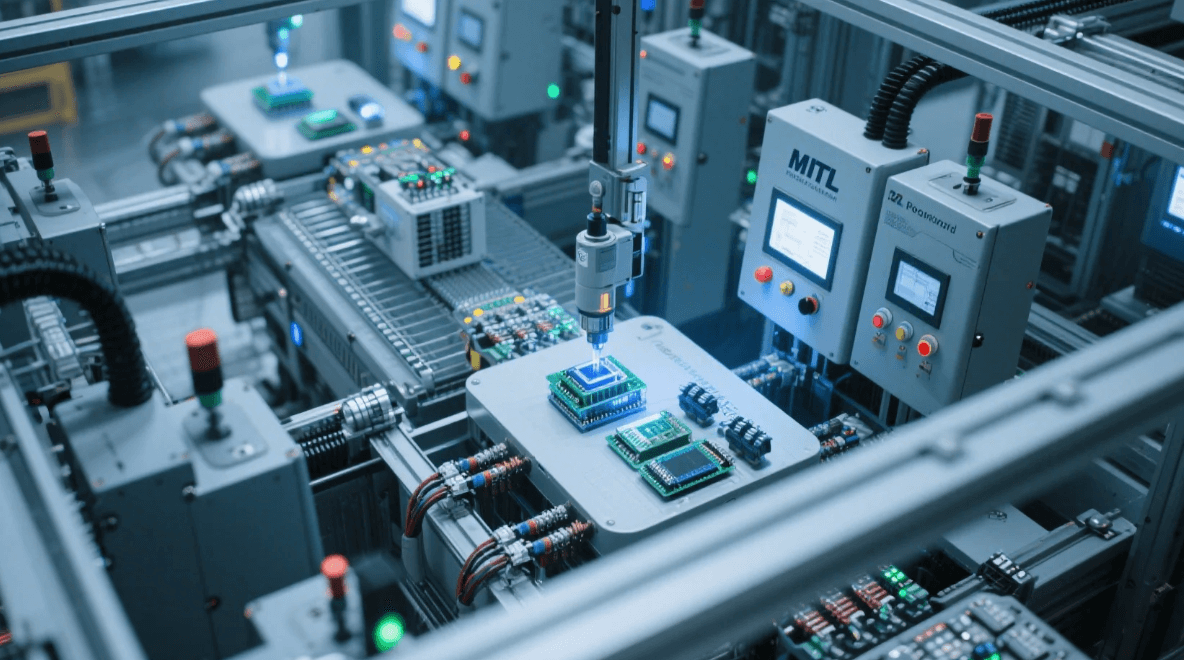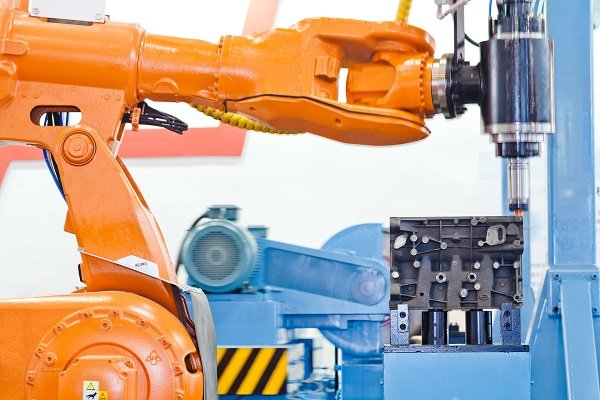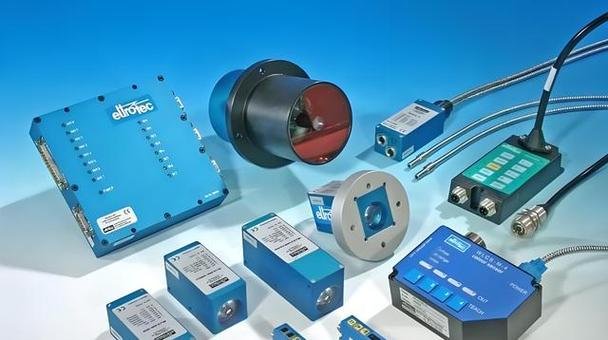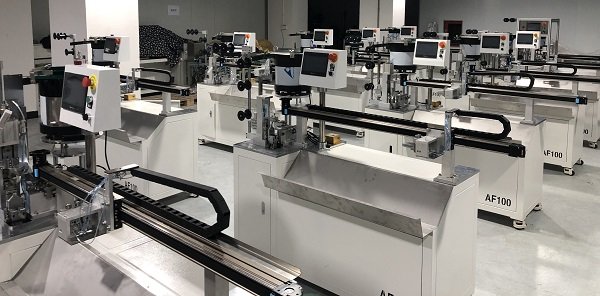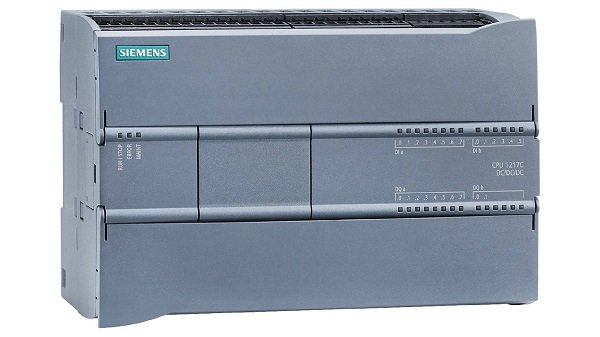The Modern Advantages of ifm Sensors: A Revolution in Automation Technology
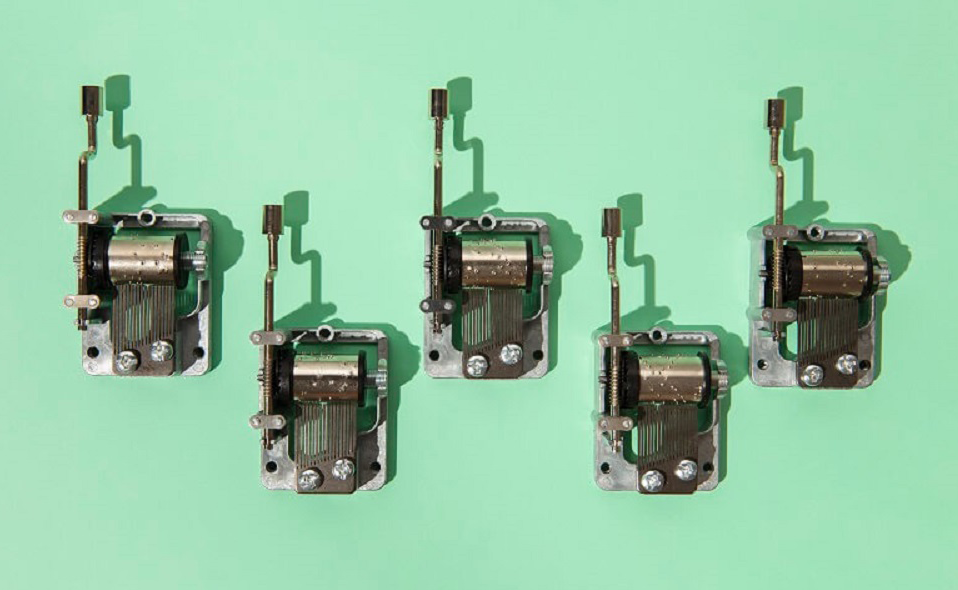
Introduction: The Power of ifm Sensors in Modern Automation
In today’s rapidly evolving world of automation, one of the most crucial elements driving efficiency and innovation is sensor technology. Among the many players in this field, ifm sensors stand out as a leader in providing state-of-the-art solutions for industrial applications. ifm sensors have revolutionized industries by offering high-performance solutions that improve productivity, enhance precision, and enable smarter decision-making. This article will explore the modern advantages of ifm sensors, emphasizing their key benefits and highlighting why they are a must-have in today’s industrial landscape.
What Makes ifm Sensors Stand Out?
Innovative Technology at Its Core
ifm sensors integrate cutting-edge technologies, ensuring superior functionality in various industrial environments. With years of experience and research, ifm has mastered the art of creating sensors that are not only reliable but also innovative. Whether it’s proximity sensors, pressure sensors, or flow sensors, ifm sensors come with advanced features like high accuracy, long-lasting durability, and the ability to operate under extreme conditions. Their innovative approach ensures that these sensors can cater to the most complex demands across different industries.
Precision and Accuracy
At the heart of ifm sensors lies precision. Industrial automation processes require sensors that can provide exact measurements in real-time. ifm sensors excel in delivering precision in detecting objects, measuring pressure, temperature, and even monitoring flow rates. The high level of accuracy offered by ifm makes these sensors ideal for industries such as manufacturing, automotive, food production, and pharmaceuticals, where even the slightest deviation can lead to significant inefficiencies or faults in production.
Durability and Reliability
Reliability is a critical factor in any industrial application. ifm sensors are engineered with robust materials that can withstand harsh environments, such as extreme temperatures, humidity, and vibrations. These sensors are built to last and continue performing consistently over time, reducing the need for frequent maintenance and downtime. The long lifespan of ifm sensors ensures that businesses can rely on them for years, providing an excellent return on investment.
Branchenübergreifende Vielseitigkeit
One of the standout advantages of ifm sensors is their versatility. Whether you’re working in automotive production, robotics, or material handling, ifm sensors can be adapted to a wide range of industrial applications. With a comprehensive portfolio of sensors, ifm has the ability to cater to the specific needs of different sectors. This versatility not only makes ifm sensors highly desirable but also underscores their importance in modern industrial solutions.
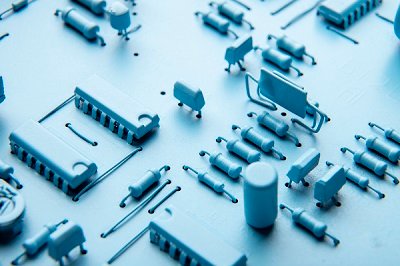
Key Benefits of ifm Sensors
Gesteigerte Effizienz und Produktivität
The primary goal of any industrial automation system is to improve efficiency and productivity, and ifm sensors achieve this in a remarkable way. By offering real-time data collection and monitoring, ifm sensors allow for seamless control over various processes, leading to optimized operations. For instance, ifm proximity sensors can detect the presence or absence of objects in an assembly line, allowing for faster processing speeds and reducing downtime. Similarly, ifm pressure sensors help ensure the smooth operation of systems by continuously monitoring pressure levels and alerting operators to potential issues before they cause disruptions.
Cost Reduction Through Preventive Maintenance
Another significant advantage of ifm sensors is their contribution to cost reduction. Through their advanced sensing capabilities, these sensors can monitor the condition of machines and equipment in real-time. This allows for the early detection of potential problems, which can be addressed before they develop into costly failures. For example, ifm temperature sensors can detect abnormal heating, and ifm vibration sensors can spot irregularities, both of which can signal impending mechanical issues. By catching these issues early, companies can perform preventive maintenance, avoiding expensive repairs or replacements and ensuring their machinery operates at optimal performance levels.
Improved Safety Standards
Safety is a non-negotiable aspect of any industrial process. ifm sensors play a crucial role in improving safety standards within workplaces. Sensors like ifm pressure sensors can monitor hazardous systems, alerting workers to unsafe conditions. Additionally, ifm proximity sensors can be used in safety-critical systems, such as emergency shutdowns or robot guarding. By ensuring that all systems are operating within safe parameters, ifm sensors contribute to a safer work environment, reducing accidents and enhancing worker confidence in the technology they are interacting with.
Einfachheit der Integration
Another defining advantage of ifm sensors is their ease of integration into existing systems. Many industrial operations are built on legacy systems, and retrofitting them with new technology can be a complicated and expensive task. However, ifm sensors are designed with compatibility in mind, allowing for easy integration into various setups. The intuitive interface and standard communication protocols (such as IO-Link, Profibus, and Ethernet/IP) ensure that ifm sensors can be incorporated seamlessly into any industrial environment without requiring costly overhauls.
Why ifm Sensors Are the Future of Industrial Automation
Commitment to Innovation and Research
One of the driving forces behind ifm’s dominance in the sensor market is its unwavering commitment to innovation and research. The company continuously invests in the development of new sensor technologies, exploring new materials and methods to enhance sensor performance. This relentless pursuit of progress ensures that ifm sensors will remain at the forefront of the industry, offering the most advanced and reliable solutions for automation.
Eco-Friendly Solutions
In addition to their technical advantages, ifm sensors also contribute to sustainability. By optimizing industrial processes, these sensors help businesses reduce energy consumption and minimize waste. For example, ifm flow sensors help monitor water and gas consumption in manufacturing processes, enabling companies to implement energy-saving practices. Moreover, ifm ensures that its sensors are manufactured with environmentally friendly materials, reducing the environmental impact of their products. This eco-conscious approach aligns with the global trend of sustainability in industrial practices, making ifm sensors a wise choice for forward-thinking companies.
Customer-Centric Approach
ifm has always placed a strong emphasis on customer satisfaction. With a customer-centric approach, ifm works closely with businesses to understand their unique requirements and provides tailored solutions. Whether it’s offering technical support, providing expert advice, or developing custom sensor systems, ifm goes above and beyond to ensure that clients achieve the best results from their sensor technologies.
Conclusion: Why Choose ifm Sensors
The advantages of ifm sensors are clear. From their cutting-edge technology and superior accuracy to their durability and versatility, ifm sensors provide the ideal solution for industries looking to enhance efficiency, reduce costs, and improve safety. With ifm’s continued innovation and focus on customer satisfaction, their sensors are poised to remain at the heart of industrial automation for years to come.
For businesses looking to stay ahead of the curve and optimize their operations, choosing ifm sensors is not just a smart decision—it’s a necessity. With ifm, you’re investing in a future where precision, reliability, and efficiency are guaranteed.
Model : GHM0600MD601A0


